Equi Spa Review
Equi Spa Review
Equi Spa was kind enough to let us review their new and upcoming products.
The first product in the line I tried was the Fairy Tails Spray. Fairy Tails Spray is great to use every day to get the tangles out of the mane and tail! This product really makes it so much easier to brush through the hair.
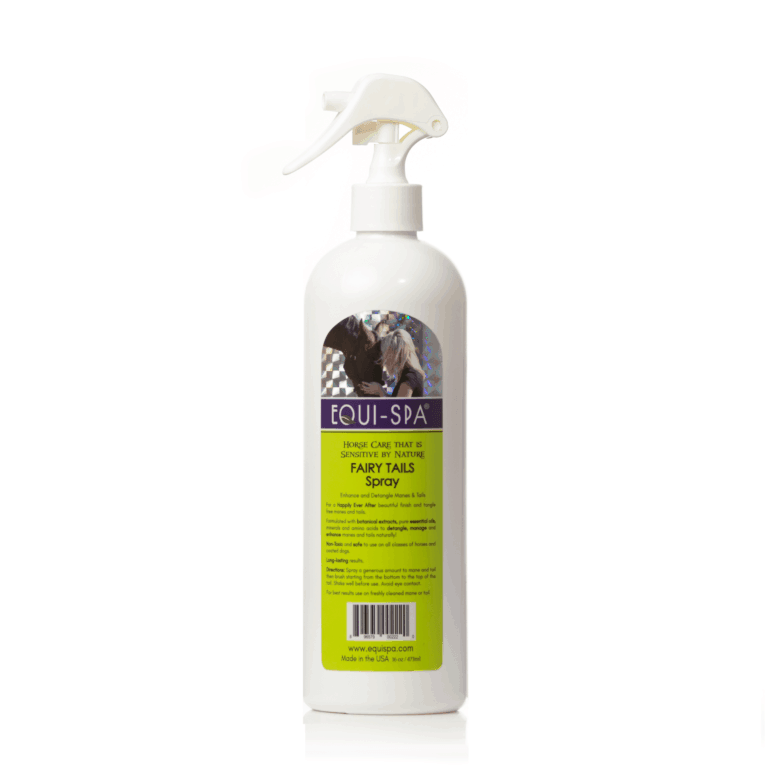
The second product I tried was the Cooling Tea Tree Gel. I really loved the smell of the Tea Tree Gel and it was great to use on my horse’s back and legs every day after a workout. The only thing I will say is, I did not like how the gel left an oil residue on my horse’s coat, so I would just recommend cleaning the area really well before and after application.
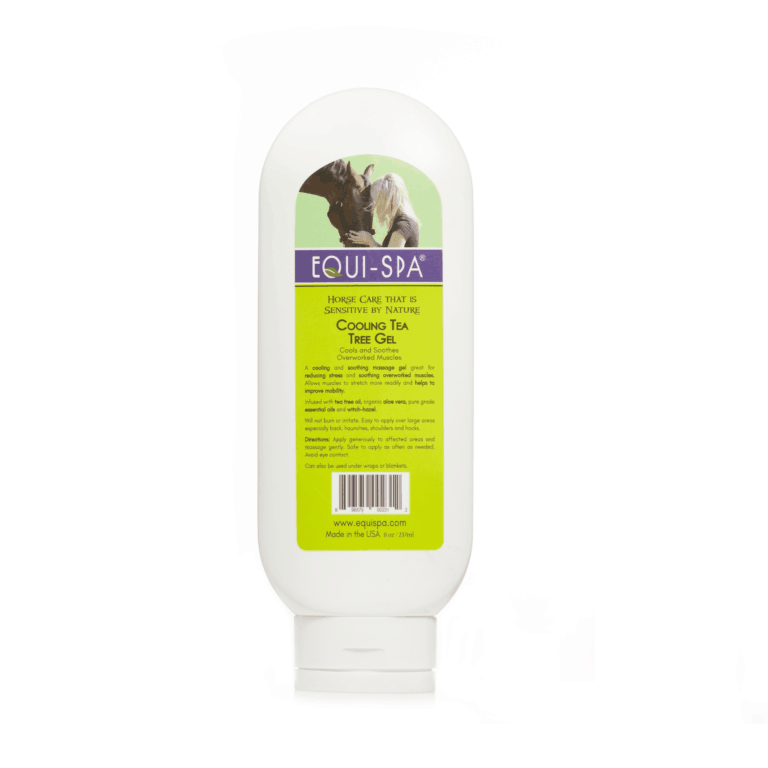
The third product I tried was the Peppermint Summer Protection Spray and this stuff smells great! I sprayed the Summer Protection Spray on my horses in the morning before it got too warm and the flies swarmed. This stuff really works! I would spray it on in the mornings and would go back out in the afternoons and there wasn’t a single fly on my horses! I was happy with that result and I know my horses were too. It was nice to go out to them and see that they were not irritated and swishing their tails and being frustrated. So, I know this Summer Protection Spray will last for hours and I won’t have to worry throughout the day of how many flies will I come out to this time.
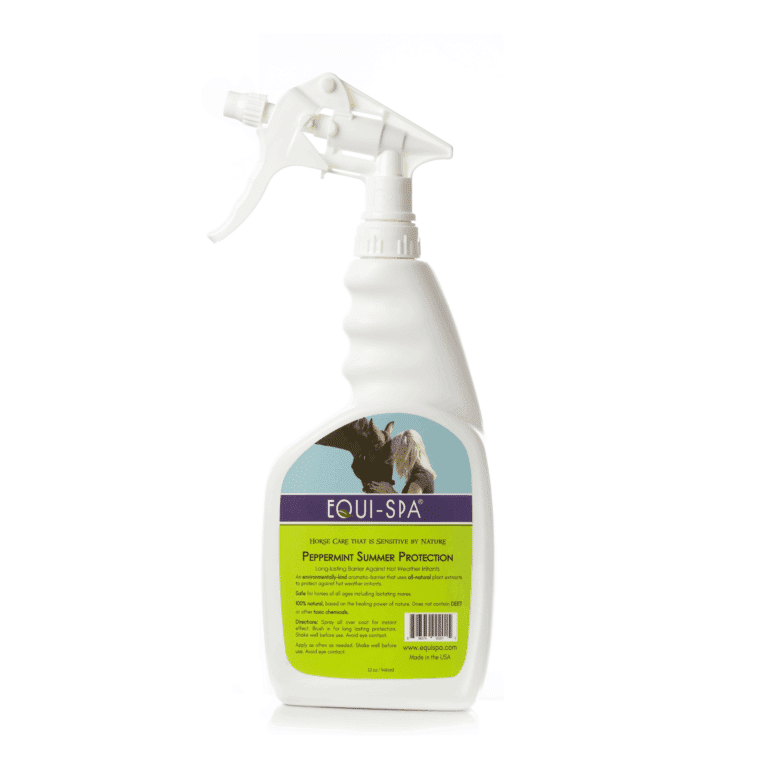
Finally, my favorite product in the line, the Orchard Oil and Coconut Gloss. My horse’s hair tends to just get tangled and matted even though I brush his mane and tail every day. Also, the dock of his tail is always itchy and peeling and I haven’t found anything that really helps with all of that in one. The Orchard Oil and Coconut Gloss did wonders for my horse’s mane, tail and scalp! His hair feels so silky smooth now and almost never gets tangled and it STAYS that way for days. Although, while attempting to use the sprayer for the first time it broke on me, so that was a real bummer. But I told Equi Spa and they sent me two new sprayers FAST! I was really stoked on their response time, and they were genuinely sorry for the product malfunction.
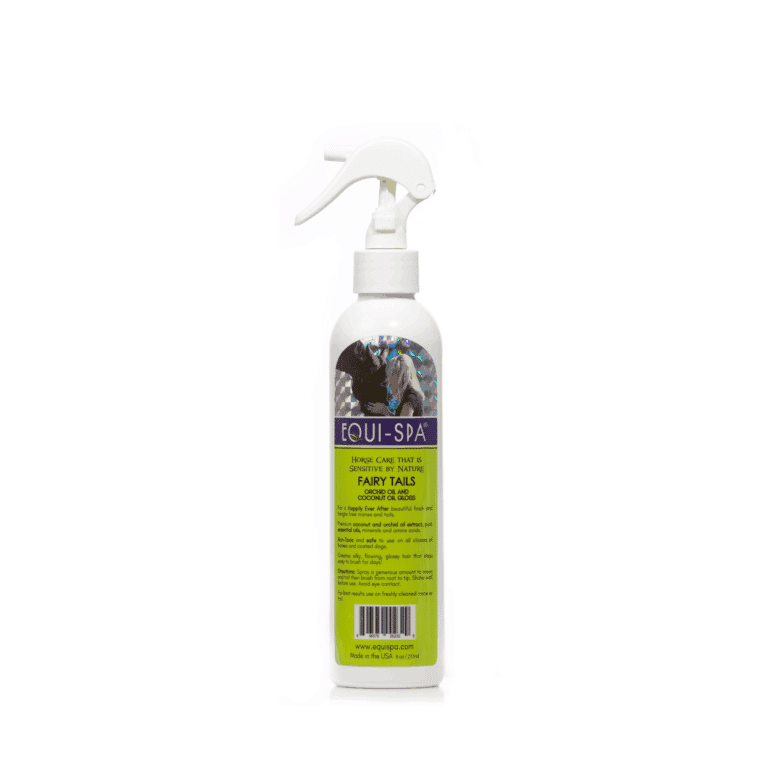
All in all, I would really recommend Equi Spa to other horse owners for an everyday upkeep or if you have a horse with coarse, unmanageable hair that nothing seems to tame down. Thank you, Equi Spa!
-
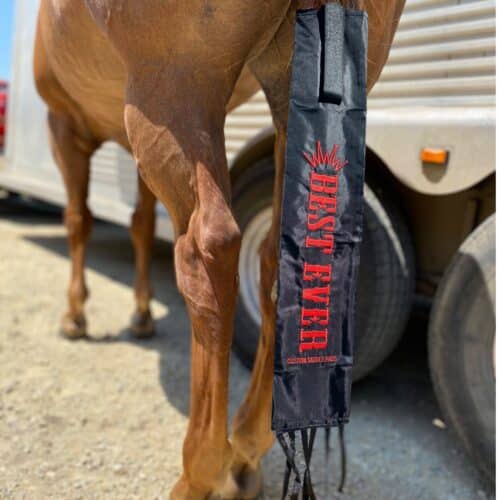
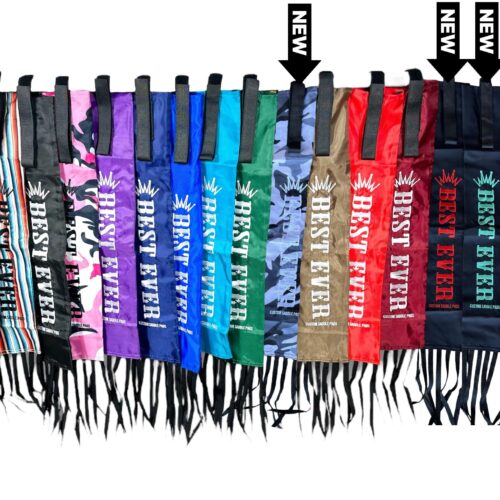
Best Ever Velcro Tailbags
4.73 out of 5
$17.00 Select options This product has multiple variants. The options may be chosen on the product page -
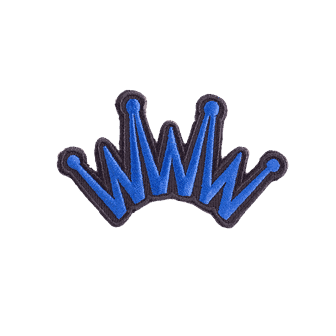
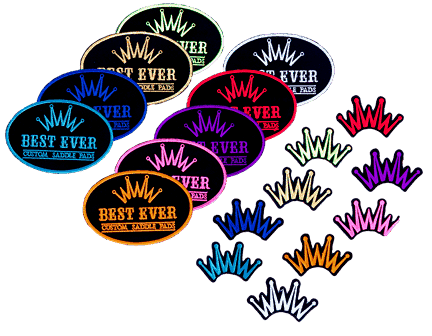
Team Patches
4.84 out of 5
$3.00 Select options This product has multiple variants. The options may be chosen on the product page -
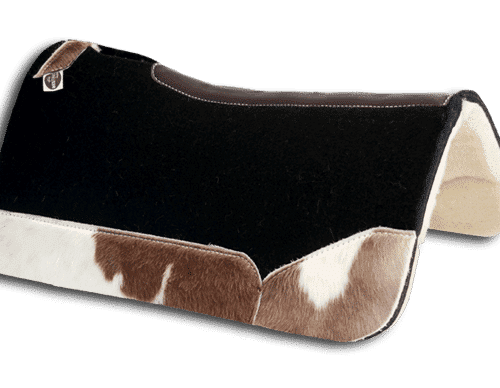
Custom Fleesar Pad
4.90 out of 5Earn 26.00 Reward Points
$260.00 Add to cart -


Ride for the Crown Boots
4.81 out of 5
$28.00 – $55.00 Select options This product has multiple variants. The options may be chosen on the product page -
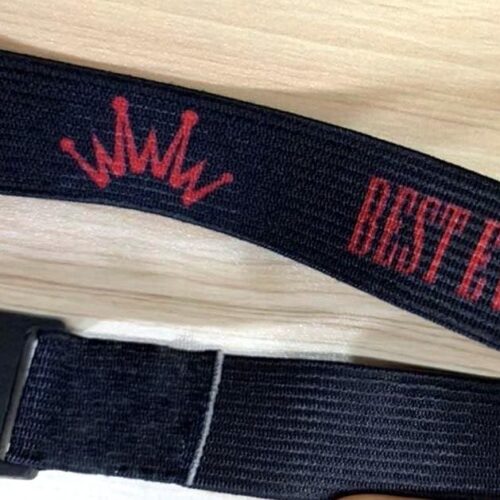
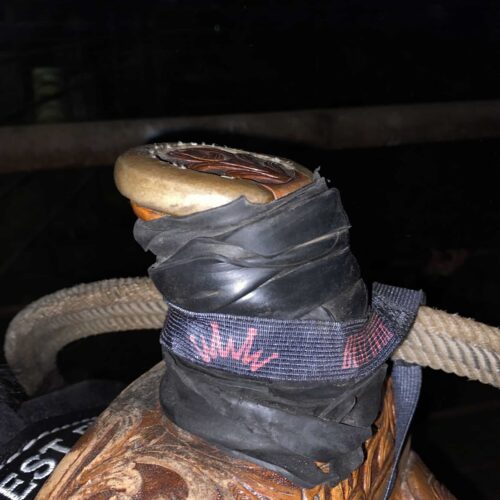
Best Ever Rope Strap
5.00 out of 5
$4.00 Select options This product has multiple variants. The options may be chosen on the product page -
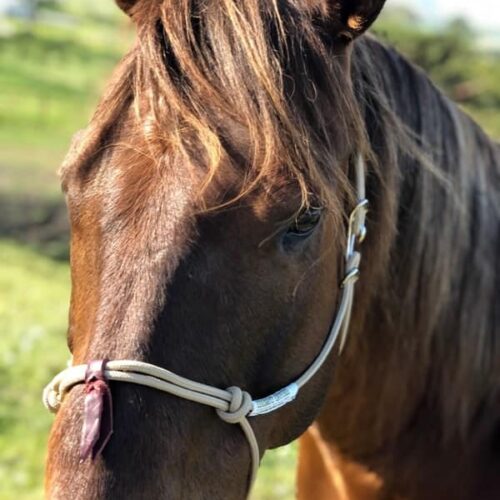
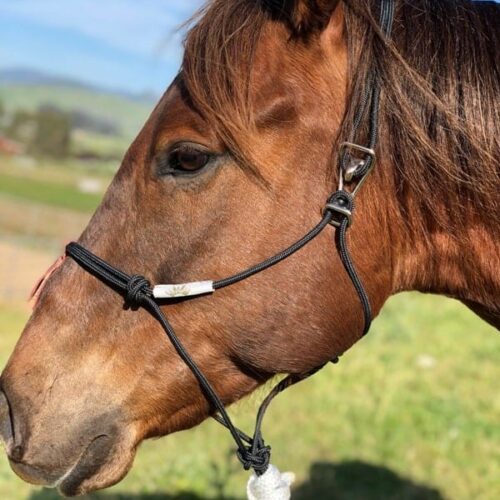
Best Ever Hook Rope Halter w/ 10′ Lead
4.71 out of 5
$50.00 Select options This product has multiple variants. The options may be chosen on the product page -

Saddle Pad
Rated 0 out of 5Earn 0.10 Reward Points
$1.00 Add to cart -
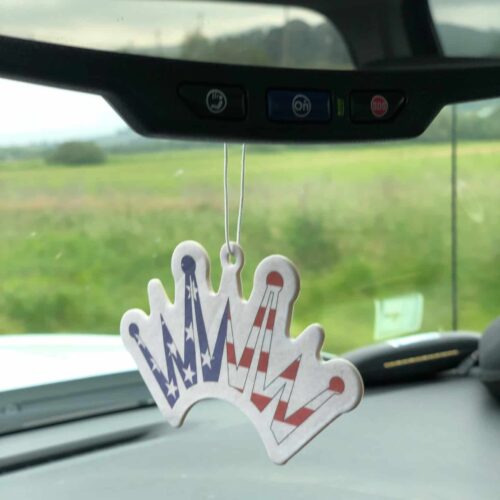
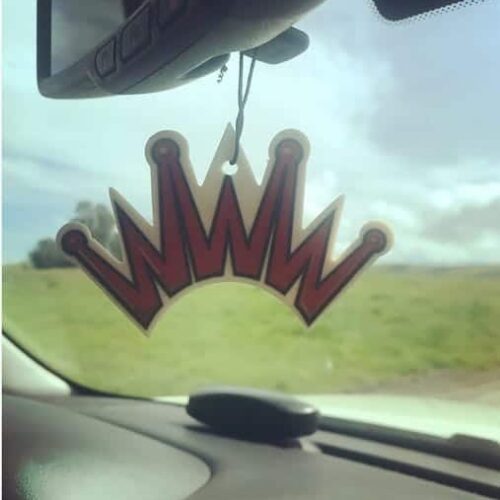
Crown Air Freshener
5.00 out of 5
$3.00 Select options This product has multiple variants. The options may be chosen on the product page -
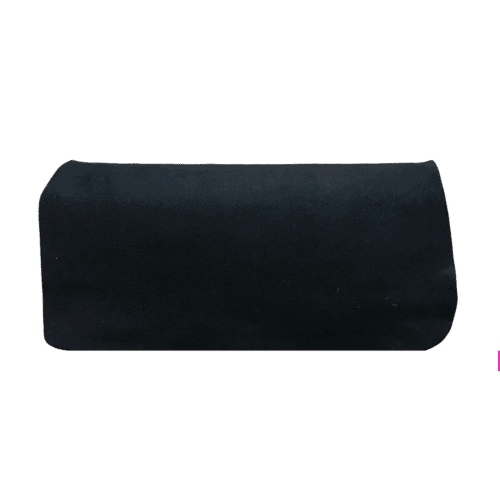
Best Ever Saddle Pad Liner
3.91 out of 5
$30.00 – $45.00 Select options This product has multiple variants. The options may be chosen on the product page -
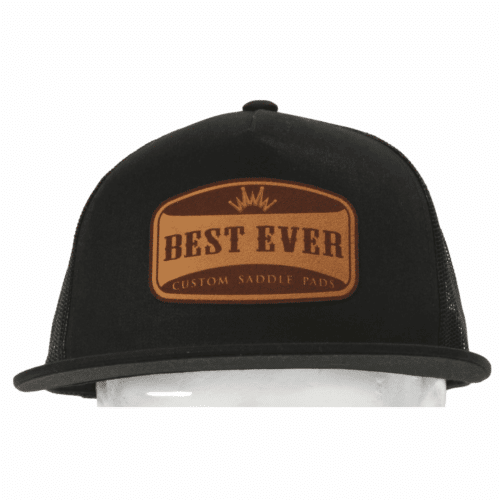
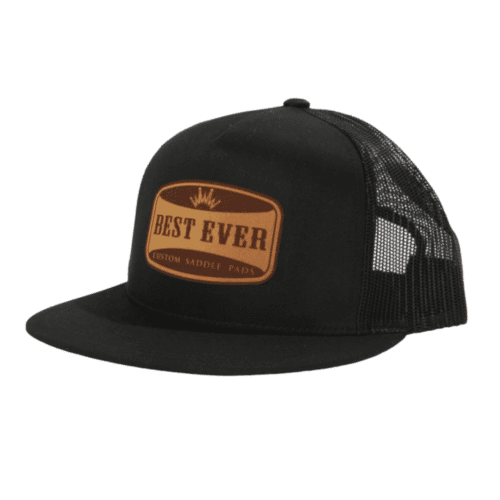
Flat Brim Logo Patch Classic Flexfit
5.00 out of 5
$20.00 Select options This product has multiple variants. The options may be chosen on the product page -

Tribe Test
Rated 0 out of 5Earn 0.05 Reward Points
$0.50 Add to cart -
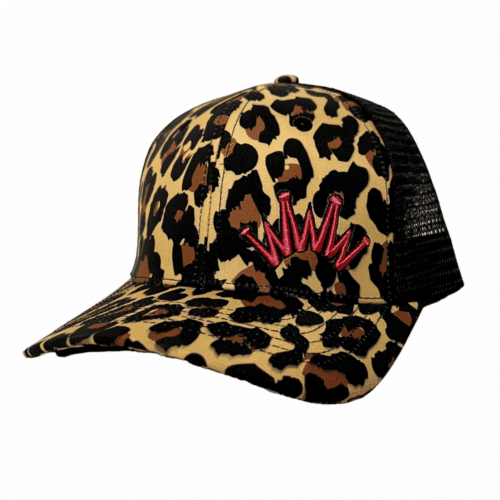
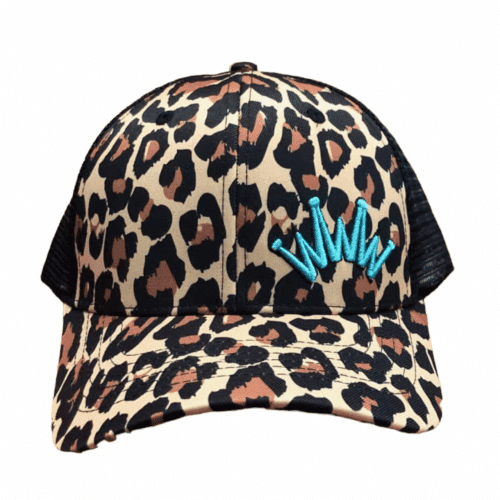
Trucker Hat Leopard Print
4.43 out of 5
$20.00 Select options This product has multiple variants. The options may be chosen on the product page -
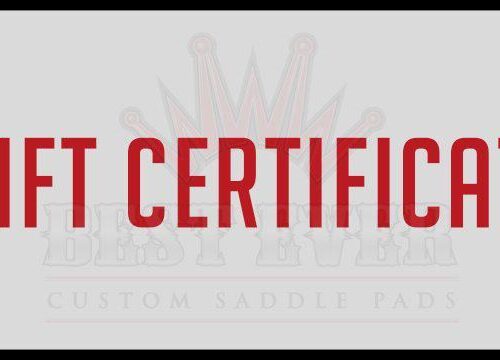
Best Ever Pads Gift Certificate
5.00 out of 5Select options -
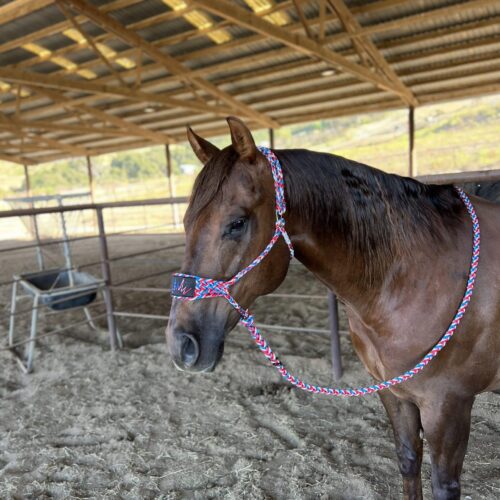
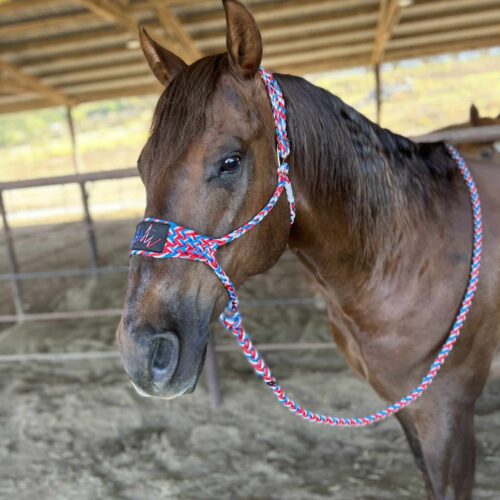
Best Ever Mule Tape Halter w/ 8.5′ Lead
5.00 out of 5
$60.00 Select options This product has multiple variants. The options may be chosen on the product page -
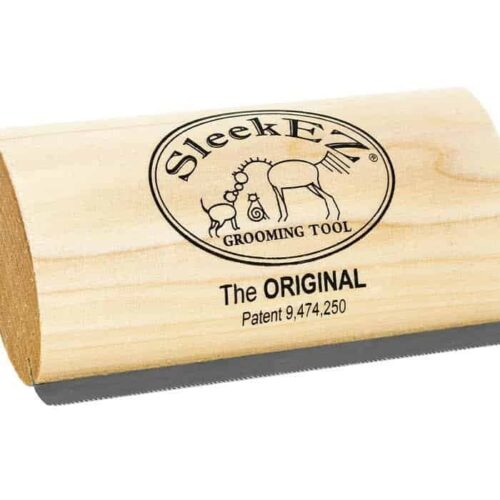
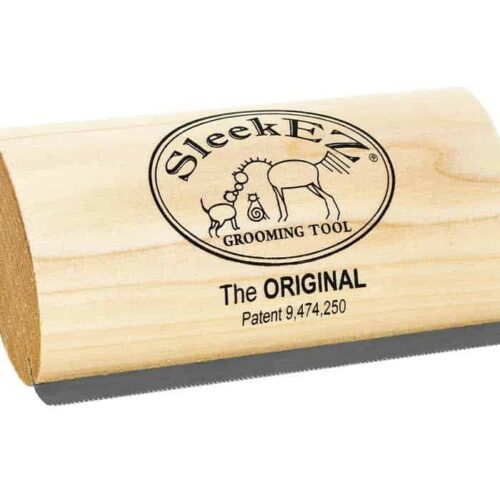
SleekEZ® Saddle Pad Brush & Horse Grooming Tool
5.00 out of 5
$18.00 – $20.00 Select options This product has multiple variants. The options may be chosen on the product page -
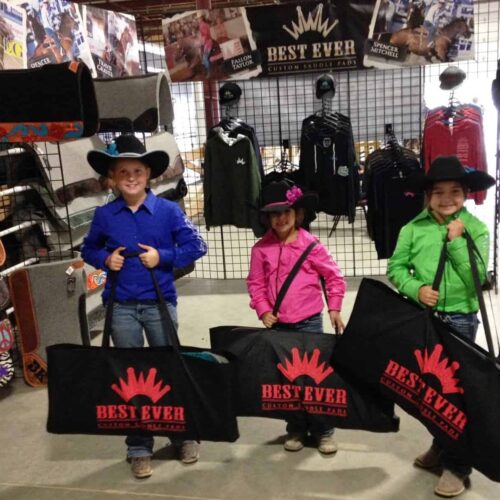
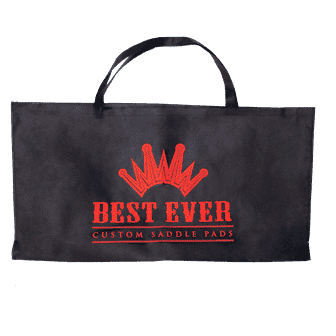
Saddle Pad Tote Bag
5.00 out of 5Earn 1.00 Reward Points
$10.00 Add to cart
SHARE
FOLLOW US
